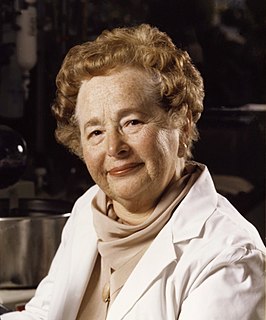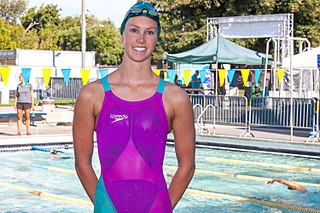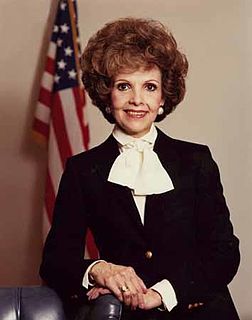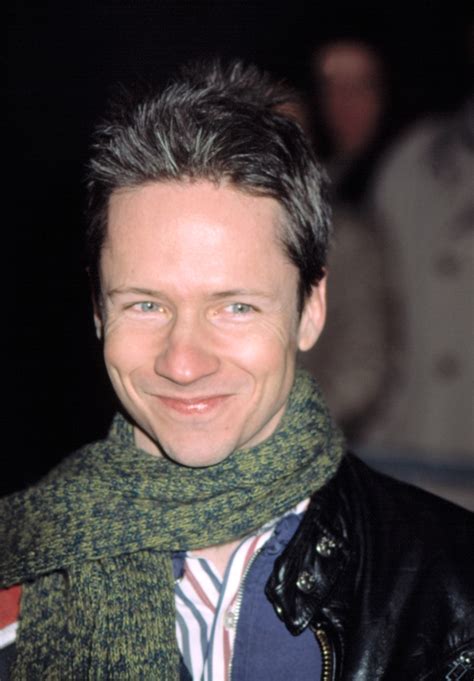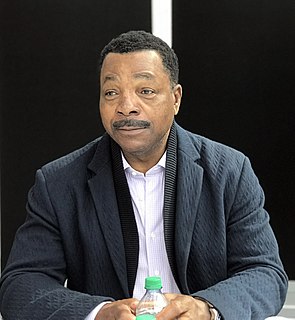A Quote by Tess Gerritsen
I think what medical training does is it gives you the language, the tools to look up facts. I think medical training gives you a sense of how to approach a problem, how to look at symptoms and go down the list of what it might be.
Related Quotes
I think it's a very valuable thing for a doctor to learn how to do research, to learn how to approach research, something there isn't time to teach them in medical school. They don't really learn how to approach a problem, and yet diagnosis is a problem; and I think that year spent in research is extremely valuable to them.
When you are writing a spoken word poem, the tools you're working with are your voice, your body, how it's going to sound to someone when you're saying it out loud. Which is different from when you're writing it on the page. That toolbox becomes how does this look visually on the page, how does this read among pages, how is this in relation to poems that are before it or after it. I don't think one is better or more successful than the other. You've just gotta think about "what are the tools I'm using, and how are they most effective in this form?"
Medical training taught me the art of breaking down the complex maze of stories, symbols and rituals into clear systems. You could say that it helped me figure out the anatomy and physiology of mythology and its relevance in a society more incisively. How is it that no society can, or does, exist without them?
The thing about education - and why I'm so passionate about the position and status of the university - is that it's supposed to teach citizens how to think better, how to think critically, how to tell truth from falsehood, how to make a judgment about when they're being lied to and duped and when they're not, how to evaluate scientific teaching. Losing that training of citizens is an extremely dangerous road to go down.
It has been said that the essence of teaching is causing another to know. It may similarly be said that the essence of training is causing another to do. Teaching gives knowledge. Training gives skill. Teaching fills the mind. Training shapes the habits. Teaching brings to the child that which he did not have before. Training enables a child to make use of that which is already his possession.
Artists, writers and people in creative fields are entrepreneurs by necessity. Nobody gives them a paycheck or picks up their medical insurance. The ones who succeed learn to think and act like 'independent operators.' I think people who are technically 'employees' have to think this way as well. The company is not looking out for you.
Competition gives birth to a lot of success, and if no one ever challenged you, you wouldn't go anywhere. It makes sense to compete with others for a promotion at work. But so many women take it a step further and won't even support other women. They end up competing over things that don't make sense - like how we look.
To spend any time with someone who is among the top five film composers of the last 50 years is pure gold dust. I mean, not necessarily stylistically, because everyone is different in what their music sounds like, but the approach and how to look at a film, how to think about a film, how to decide what you want to do, how to think about characters, how to think about art, how to think about narrative, how to liaise with producers, how to liaise with directors.
The journalism, I was a financial journalist - it's very good training as a writer. You have to write for deadlines; you have a certain economy of phrasing. As a training ground as a writer, it's fantastic. I also think it teaches you to be observant, to listen to people, and gives you an ear of dialogue from doing interviews.
Well, I think that when you think about the challenges we face, these are challenges that require us to look forward and not backwards. When it comes to the economy I think we have to recognize that we are now in a global economy. And that the measure of our success is: how well are we training our workers? How well are we investing in the new energy economy?


